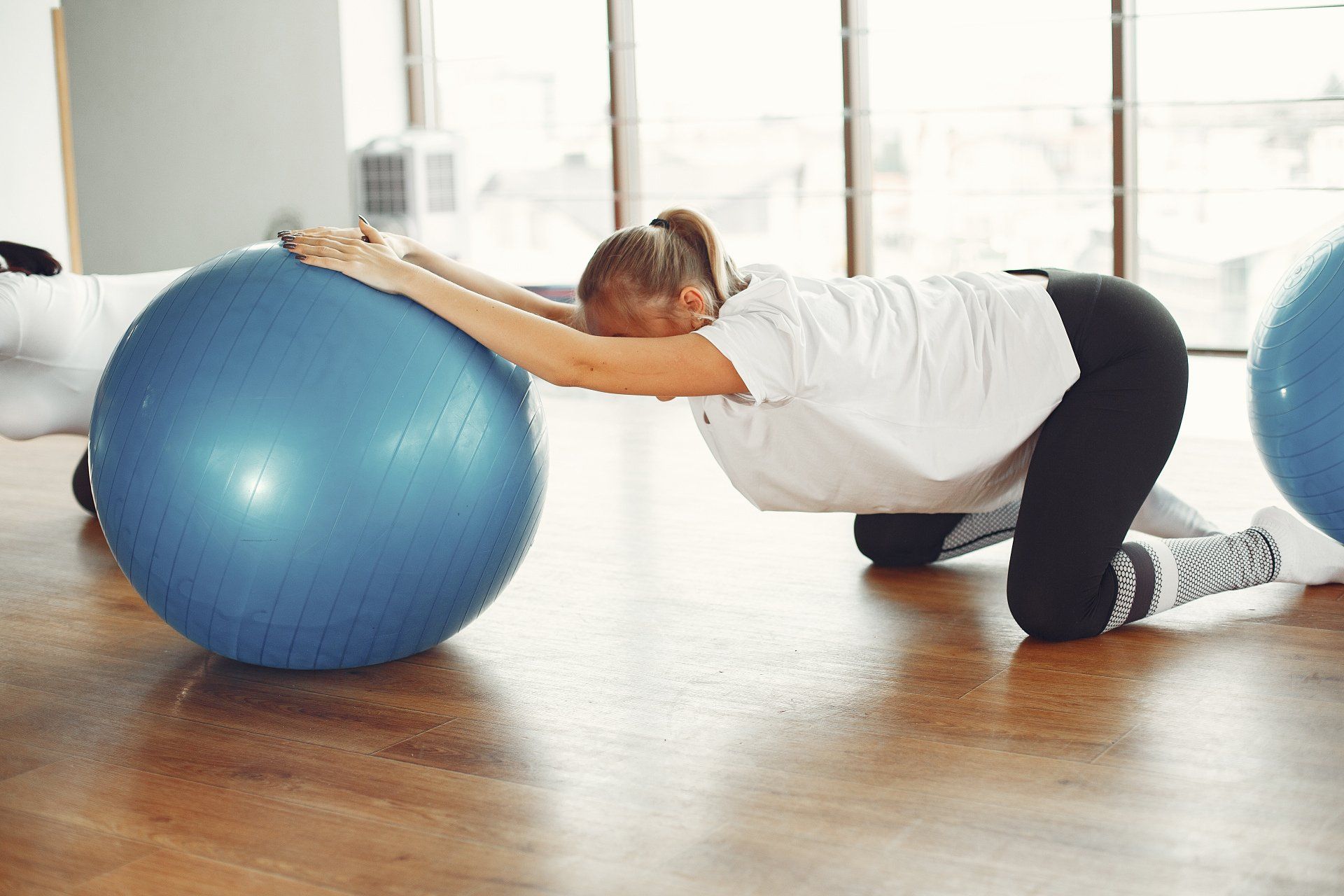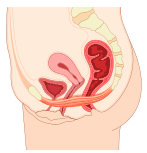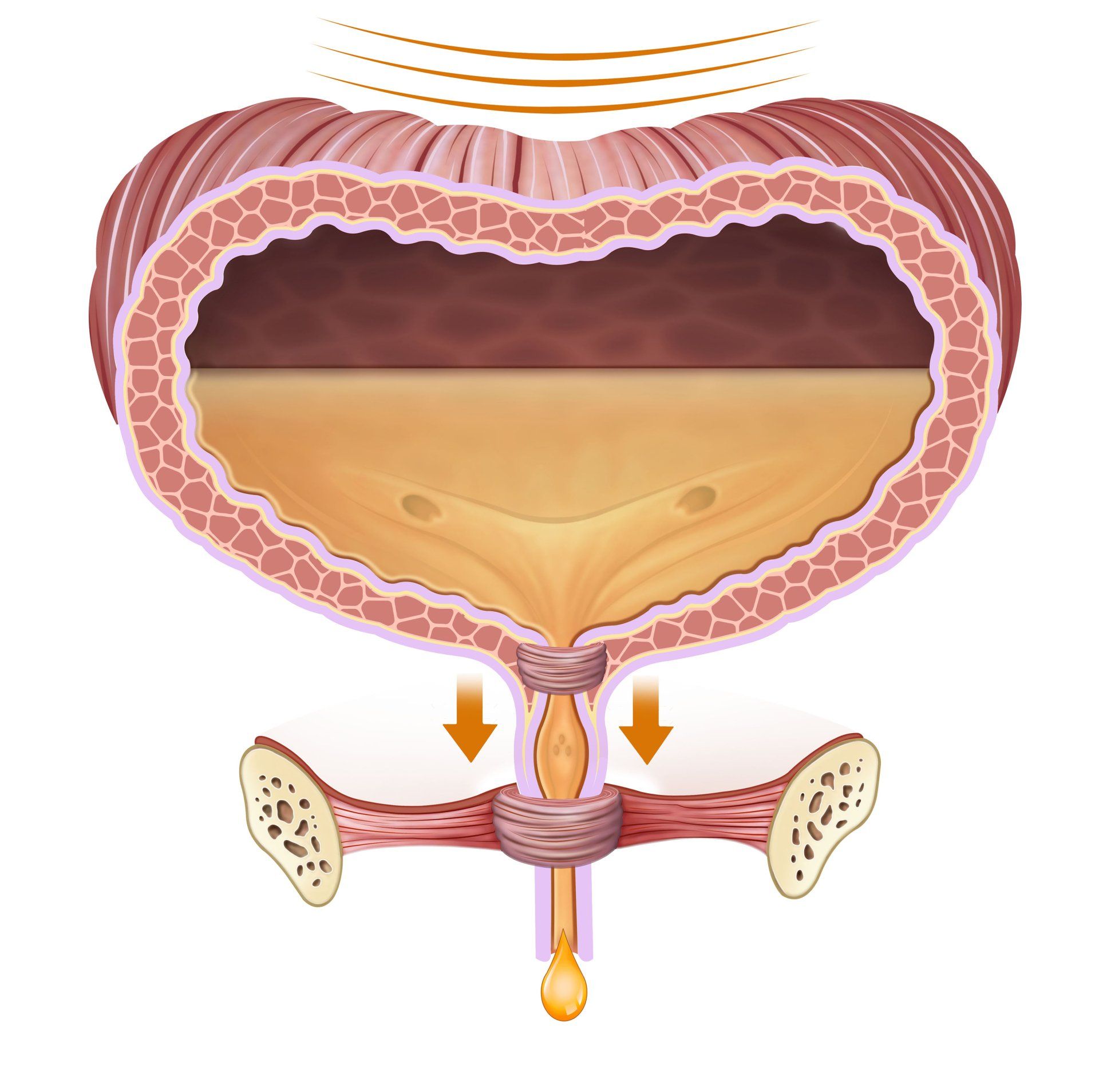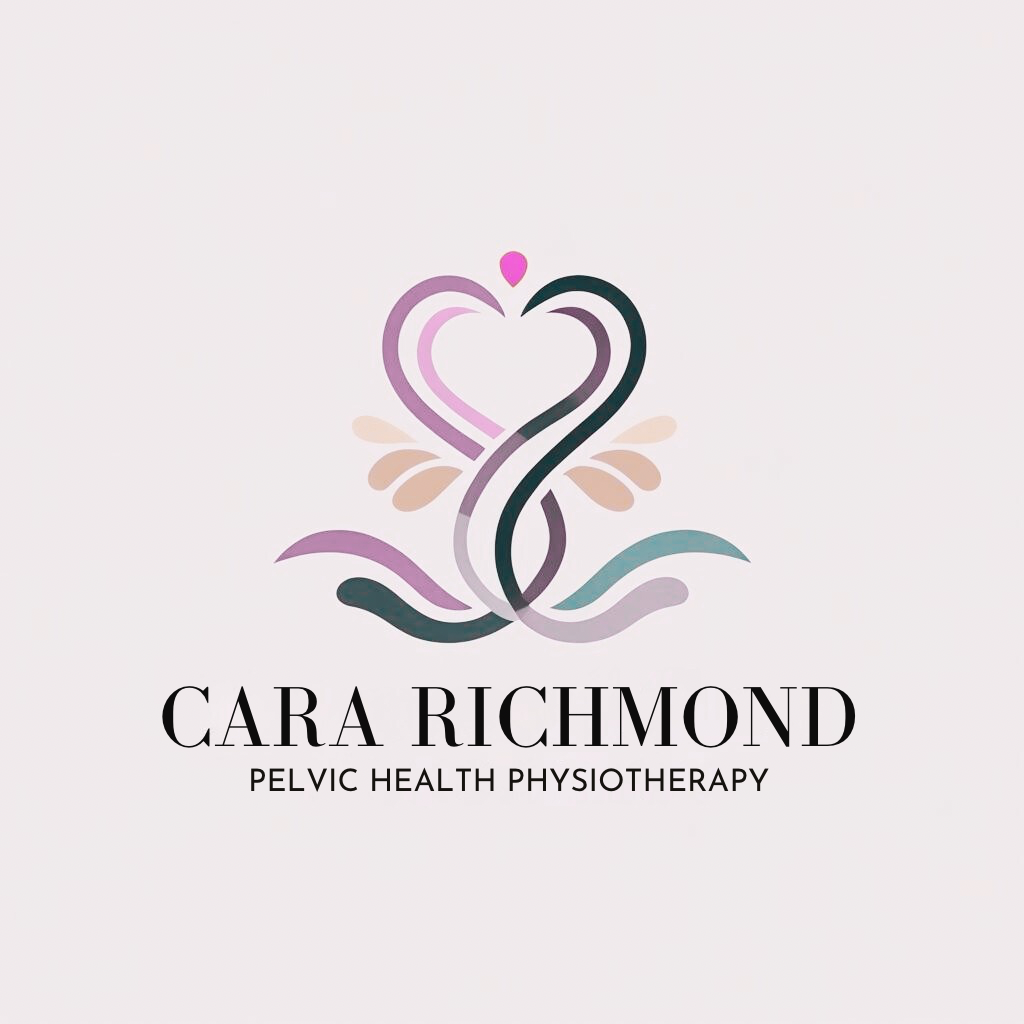Do you suffer from heavy and/or painful periods?
Are you experiencing chronic (ongoing) pelvic, vaginal, back or abdominal pain?
Is sex or using a tampon painful?
Do you miss days of work, school or uni due to your period or pelvic pain?
Have you had a laparoscopy or ultrasound to diagnose endometriosis or adenomyosis?
Do suffer from IBS symptoms, abdominal bloating, leg or thigh pain?
What is Endometriosis & Adenomyosis?
Endometriosis is the condition where the lining of the uterus, known as the endometrium grows outside the uterus. There are many different places the tissue can grow, commonly it's found on the bladder, bowel, and ligaments which support the uterus and the pelvic floor muscles.
Adenomyosis is the condition where the endometrial tissue (the tissue that lines the uterus) grows inside the muscular wall of the uterus. The tissue that grows in the endometrial wall acts like the uterine tissue and each month it will thicken and break down and bleed during the
menstrual cycle.
How can my Physiotherapy services help you?
Physiotherapy can help you manage your endo/adeno and pelvic pain. I am passionate about providing you with a holistic approach to managing your condition, helping you to maintain your physical activity levels and reducing your pain.
I will provide you with an individualised assessment and treatment plan for your pelvic pain. Client's are often anxious about internal examinations when they have pelvic pain, the examination only needs to happen if and when you feel ready. I have many different skills and techniques which can help you, without any invasive assessments.
Treatment may include:
- Pelvic floor stretches and relaxation
- Dry needling and massage
- Relaxation techniques
- Exercise and pacing
- TENS
- Biofeedback techniques
- Dilator therapy
- Advice on managing sexual pain
- Advice and education on your bladder and bowel habits
- Referrals and liaising with GP's, Pain Specialists, Gynaecologists, Fertility Doctors, Gastroenterologists, Psychologists and Dieticians.
Pregnancy and Pelvic Health Diaries
Do you want to know more about endo and adenomyosis?






